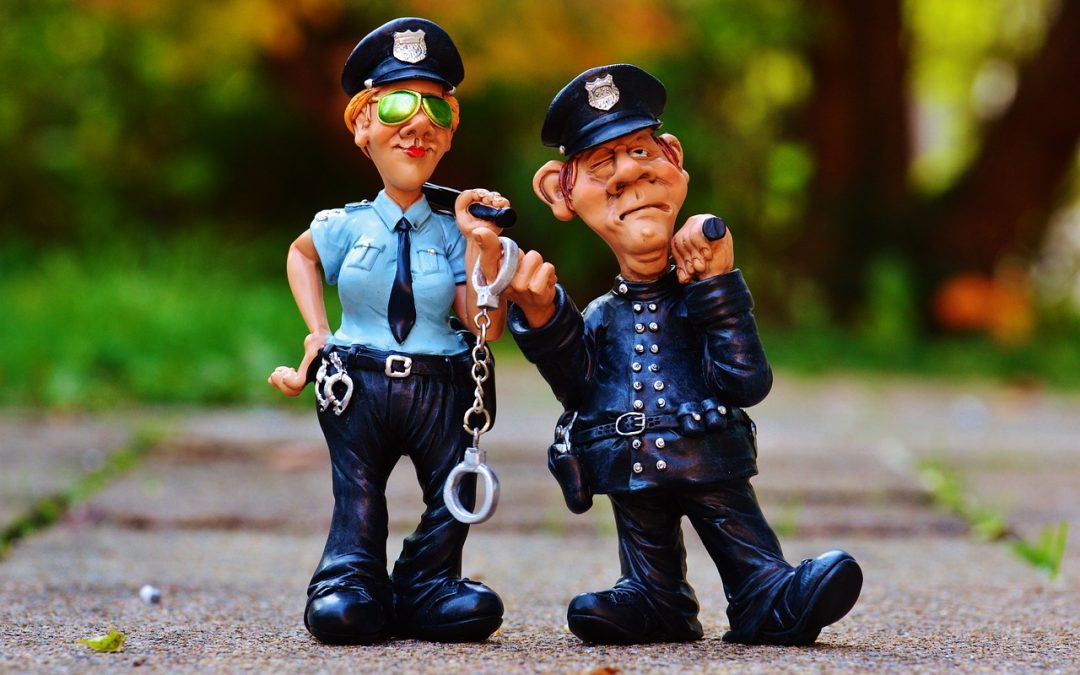After a police search, it’s essential to take steps to secure your home and belongings. This process can be intimidating, but knowing how to navigate the aftermath is crucial for your rights and safety.
Understanding Your Rights
During a search, police may ask for your consent to search your property or seize evidence. It’s vital to remember that you have the option to decline, and doing so does not imply guilt or wrongdoing. Under the Fourth Amendment, law enforcement must obtain a warrant or have reasonable suspicion to conduct a search. If you’re unsure about the legality of the search, consult with an attorney.
Securing Your Property
Once the search is complete, take inventory of your belongings and document any damage to your property. This will help establish a record of any potential police misconduct. Here are some practical tips to secure your property:
- Photograph any damage to your home or belongings.
- Maintain a record of all items seized by the police.
- Contact your landlord or property manager (if applicable) to report the search.
>Make a note of the officer’s name, badge number, and the police department’s contact information.
Asserting Your Rights and Staying Safe
Remember, your safety is paramount during interactions with law enforcement. De-escalation techniques can help reduce tension. As the Supreme Court Justice Louis Brandeis once said:
“The right to be left alone is the beginning of all freedom.”
During interactions with police, remain calm, and politely assert your rights without being confrontational. If you’re unsure about your rights or the legality of the search, ask to speak with a lawyer or request a supervisor. Remember, your cooperation does not waive your rights.
Stay informed about local laws and police procedures in your area. Knowing your rights and being prepared can help ensure a safe and respectful interaction with law enforcement. By taking these steps, you can effectively secure your home and belongings after a police search.
The information at Observed.Org may not pertain to every jurisdiction. It is YOUR responsibility to know your rights and observe them. Nothing here should be considered legal advice.

